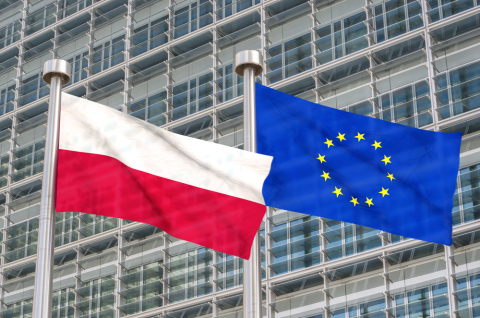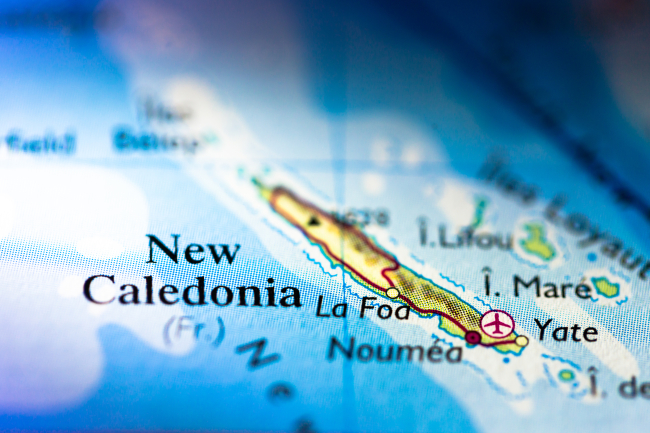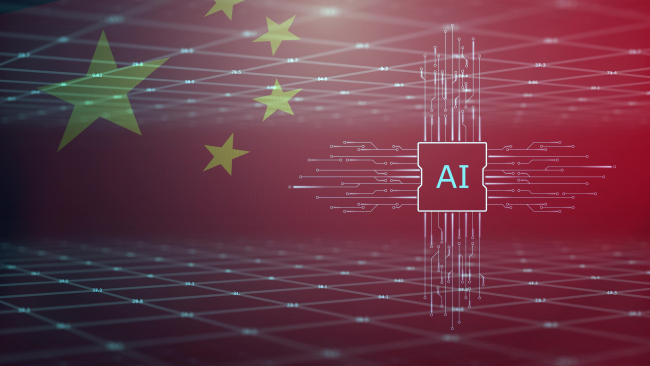Urbanization and Real Estate Investment in China

The move away from a planned economy and the apprenticeship of capitalism, which is sometimes uncontrolled in the real estate sector, have led to a series of imbalances between cities and the countryside. It is possible to think that the worst imbalances (in terms of the human and environmental costs of urbanization), which were wittingly accepted for a long time in order to allow the country to open up and to promote break-neck growth, are tolerated less and less and becoming politically intolerable. Urbanization has definitively and deeply modified daily life in China and the expectations of the population, even if these are not expressed in the ballot box. This article assesses China's unprecedented urbanization movement and describes the changes in China's rules of the game, together with the emergence of a more-or-less chaotic real estate market.
Download the full analysis
This page contains only a summary of our work. If you would like to have access to all the information from our research on the subject, you can download the full version in PDF format.
Urbanization and Real Estate Investment in China
Related centers and programs
Discover our other research centers and programsFind out more
Discover all our analysesThe Case for Enhanced France-Philippines Maritime Cooperation
France and the Philippines, two Indo-Pacific nations, can capitalize on their shared interests, needs, and expertise in maritime security and governance, ultimately fostering strategic rapprochement.
France’s maritime security cooperation in the Pacific
France plays a significant role in Pacific maritime security, particularly through the active participation of its overseas territories and the contribution of its stationed armed forces to regional cooperation initiatives.
Taiwan’s Rising Space Program: Building Up Industry, Supporting National Security
Taiwan, known for its leadership in semiconductors and information and communications technology (ICT), is now making significant strides in the space industry. While historically modest, Taiwan’s space program has seen a transformation since 2020, driven by President Tsai Ing-wen’s commitment to expanding the country’s space capabilities. Key milestones include the passage of the Space Development Act and the creation of the Taiwan Space Agency (TASA), which has bolstered the resources and visibility of Taiwan’s space ambitions.
AI and Technical Standardization in China and the EU: Diverging priorities and the need for common ground
Given the highly disruptive potential of AI, global cooperation on AI safety and governance is imperative, and yet the deeply transformational potential of AI also ensures that a high level of competition and systemic rivalry is likely unavoidable. How can the EU best manage its complex relationship with China in the field of AI so as to ensure a necessary level of cooperation in spite of competition and rivalry?











